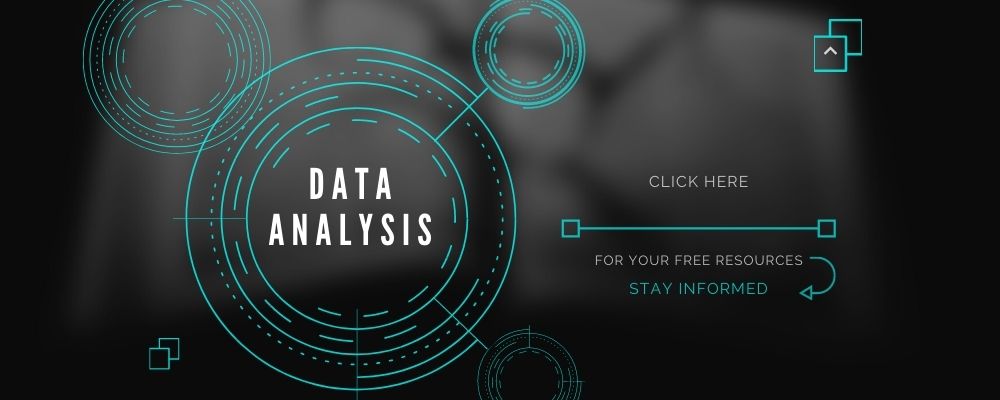What’s in this Article:
- From January through March, many applicants had an eviction record. As eviction moratoriums end, pro-tenant legislation could threaten data use.
- This quarter, criminal hits on background reports have dropped slightly. The dip could mean 2 things.
CIC has released the data analysis regarding both eviction and criminal hits for the first part of 2021. With a steady pace of eviction hits and a dip of criminal hits from January through March, it’s likely that data restrictions will continue to pop up throughout the year and potentially affect your data in the future.
Eviction Hits
What’s in this Article:
- From January through March, many applicants had an eviction record. As eviction moratoriums end, pro-tenant legislation could threaten data use.
- This quarter, criminal hits on background reports have dropped slightly. The dip could mean 2 things.
CIC has released the data analysis regarding both eviction and criminal hits for the first part of 2021. With a steady pace of eviction hits and a dip of criminal hits from January through March, it’s likely that data restrictions will continue to pop up throughout the year and potentially affect your data in the future.
Eviction Hits
January through March of 2021 had a remarkably steady pace of eviction hits. 6% of all applicants across all three months that were processed had an eviction hit somewhere on their record. This can be linked to the massive eviction moratoriums that went on over the last year. With eviction restrictions sprinkled throughout 2020 and a nationwide COVID eviction law, the number of new eviction records (particularly for monetary evictions) has slowed as the moratoriums continue to prevent hearing unlawful detainers.

January through March of 2021 had a remarkably steady pace of eviction hits. 6% of all applicants across all three months that were processed had an eviction hit somewhere on their record. This can be linked to the massive eviction moratoriums that went on over the last year. With eviction restrictions sprinkled throughout 2020 and a nationwide COVID eviction law, the number of new eviction records (particularly for monetary evictions) has slowed as the moratoriums continue to prevent hearing unlawful detainers.

It would be logical for the number of evictions to go up as the year continues. The moratoriums are not never ending, and so at some point, the mass of tenants who chose not to or were unable to pay rent during the pandemic will be forced to leave at some point and the number of renters with eviction records could rise. Unless pro-tenant groups propose and pass legislation to limit or prevent consumer reporting agencies, property technology companies, or the rental housing industry from using COVID eviction records, preventing credit reporting agencies from legally being able to use eviction records, it’s likely we’re still looking at a major eviction crisis.
While it’s likely that it won’t be illegal for end users like rental property owners to know if there was an eviction that happened in between early 2020 and 2021, using this data when deciding an applicant’s rental fate could be a slippery slope. If there is any chance a resident can prove their rental payment problems were because of COVID-19, they will likely have legal recourse. CIC will keep an eye out for legislation like this, and you can subscribe to read up on it when it happens.
It would be logical for the number of evictions to go up as the year continues. The moratoriums are not never ending, and so at some point, the mass of tenants who chose not to or were unable to pay rent during the pandemic will be forced to leave at some point and the number of renters with eviction records could rise. Unless pro-tenant groups propose and pass legislation to limit or prevent consumer reporting agencies, property technology companies, or the rental housing industry from using COVID eviction records, preventing credit reporting agencies from legally being able to use eviction records, it’s likely we’re still looking at a major eviction crisis.
While it’s likely that it won’t be illegal for end users like rental property owners to know if there was an eviction that happened in between early 2020 and 2021, using this data when deciding an applicant’s rental fate could be a slippery slope. If there is any chance a resident can prove their rental payment problems were because of COVID-19, they will likely have legal recourse. CIC will keep an eye out for legislation like this, and you can subscribe to read up on it when it happens.

Criminal Hits
Criminal hits have taken a dip since the last quarter of 2020 but now in the first quarter of 2021, it’s calmed down to 17.34%. This could be because fewer people with past crimes on their records are moving post-pandemic. Another likelihood is that cities and states are pushing in new criminal record laws.

Criminal Hits
Criminal hits have taken a dip since the last quarter of 2020 but now in the first quarter of 2021, it’s calmed down to 17.34%. This could be because fewer people with past crimes on their records are moving post-pandemic. Another likelihood is that cities and states are pushing in new criminal record laws.
Consider the Cook County law. Any crime that happened more than three years ago cannot be considered as a hit while screening for Cook County, Illinois properties. This could lower the percentage of hits as a whole. Despite its illegality, the record may come up if you’re using a generalized resident screening service or reseller data provider, which could leave end users liable. That’s why CIC created the Regulatory Matrix. Our filtering tool masks information end-users cannot use, such as old criminal hits that are banned nationally and locally such as state and city levels and prevents legal liability. Its laws like this that can explain small drops of criminal hit percentages.
The first data analysis of the year does show some good signs of growth and a hint that we’re returning back to normal. We’ll be keeping you updated as the year goes on and hope to see more of a positive turn to the year as well.
Consider the Cook County law. Any crime that happened more than three years ago cannot be considered as a hit while screening for Cook County, Illinois properties. This could lower the percentage of hits as a whole. Despite its illegality, the record may come up if you’re using a generalized resident screening service or reseller data provider, which could leave end users liable. That’s why CIC created the Regulatory Matrix. Our filtering tool masks information end-users cannot use, such as old criminal hits that are banned nationally and locally such as state and city levels and prevents legal liability. Its laws like this that can explain small drops of criminal hit percentages.
The first data analysis of the year does show some good signs of growth and a hint that we’re returning back to normal. We’ll be keeping you updated as the year goes on and hope to see more of a positive turn to the year as well.




